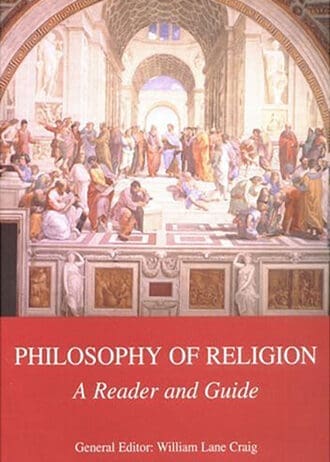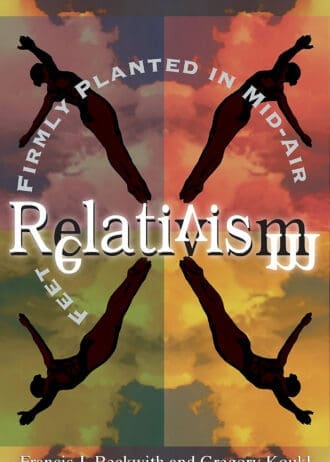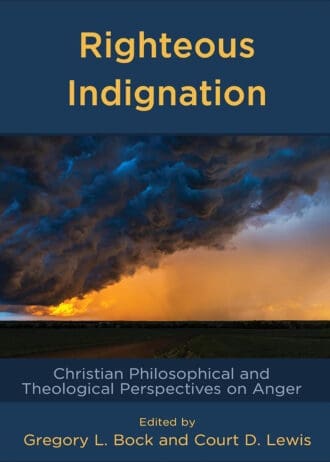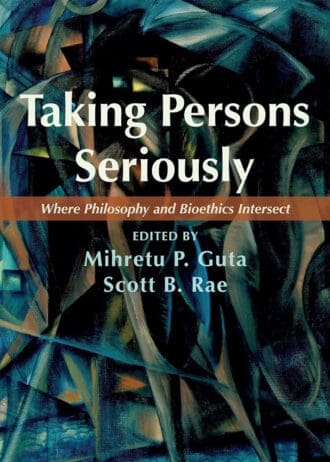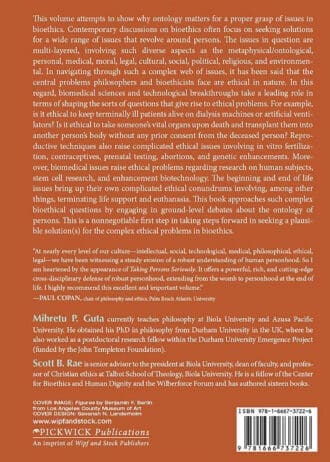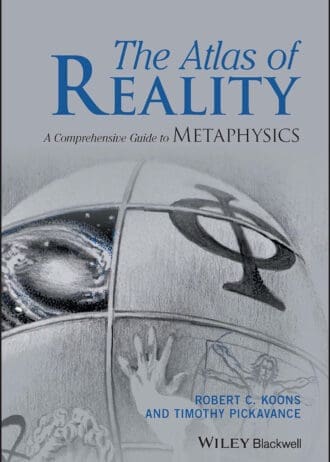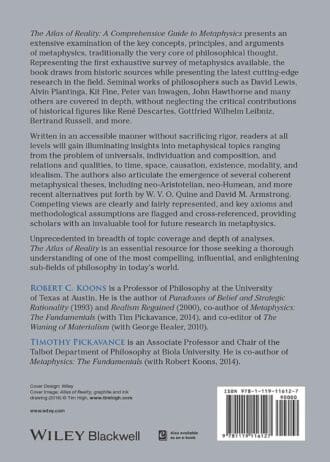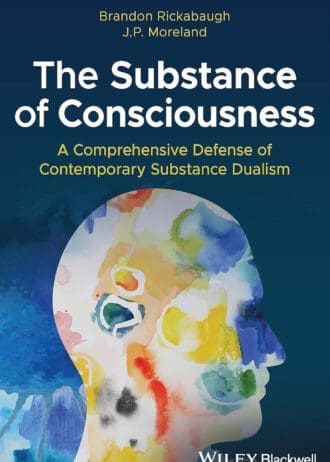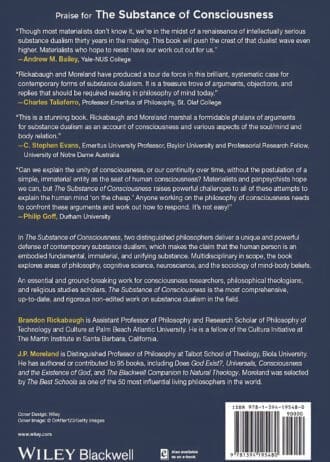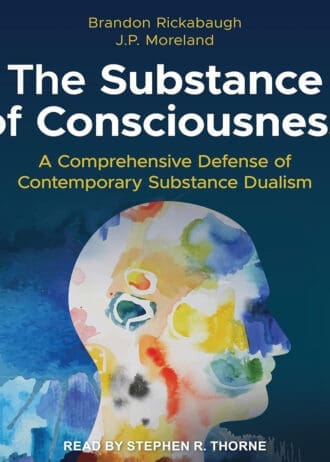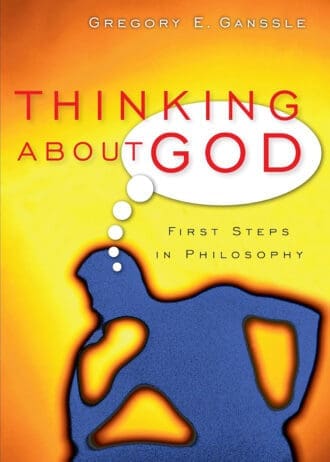Philosophy of Religion: A Reader and Guide
This important new volume is a combined anthology and guide intended for use as a textbook in courses on the philosophy of religion. It aims to bring to the student the very best current work on important topics in the field. The anthology is comprised of six sections, each of which opens with a substantive introductory essay followed by a selection of influential writings by prominent philosophers of religion. Philosophy of Religion provides an ideal resource for studying the central questions raised by religious belief.

